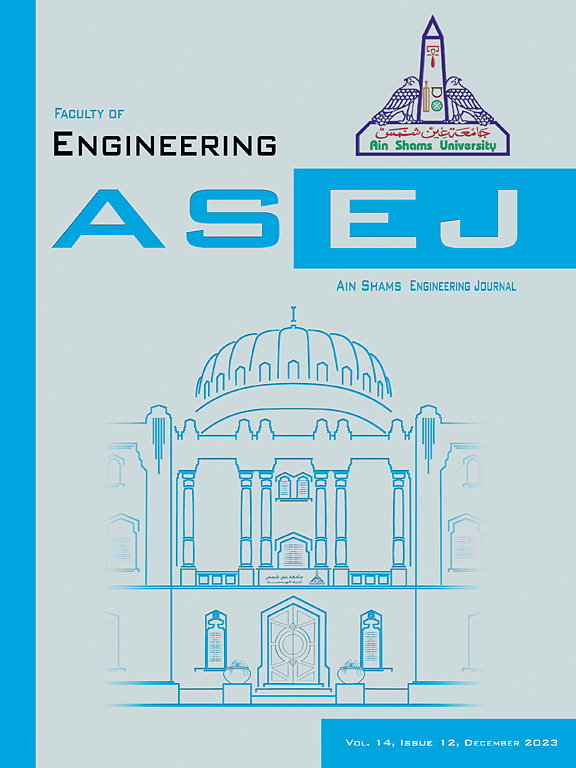基于空中机动平台协同观测的鲁棒海上目标状态估计:一种新的算法方法
IF 5.9
2区 工程技术
Q1 ENGINEERING, MULTIDISCIPLINARY
引用次数: 0
摘要
现有的系统误差减少算法通常假设恒定或缓慢变化的误差,并且依赖于固定的、同构的平台,限制了它们处理机动平台中系统和姿态误差突然变化的能力。为了解决这个问题,我们提出了一种基于一阶泰勒展开的协同空中移动探测系统鲁棒算法。利用多平台观测数据,导出联合系统误差表达式,无需直接估计误差,即可准确估计目标状态。为了进一步提高估计精度,还构造了伪测量方程。在各种错误条件下(包括一致错误、不一致错误和突变错误)的模拟表明,我们的算法优于现有方法,并且具有更强的鲁棒性。实际实验证实了该方法的有效性,估计精度提高了2 - 3倍。该方法即使在系统误差和姿态误差较大的情况下也能精确估计海洋目标的状态。本文章由计算机程序翻译,如有差异,请以英文原文为准。
Robust marine target state estimation via cooperative observation with air-mobile platforms: A new algorithmic approach
Existing algorithms for systematic error reduction often assume constant or slowly varying errors and rely on fixed, homogeneous platforms, limiting their ability to handle sudden changes in systematic and attitude errors in motorized platforms. To address this, we propose a robust algorithm based on first-order Taylor expansion within a cooperative air-mobile detection system. By utilizing multi-platform observations, we derive a joint systematic error expression, enabling accurate target state estimation without directly estimating the error. A pseudo-measurement equation is also constructed to further improve estimation accuracy. Simulations under various error conditions—including consistent, inconsistent, and mutation errors—show that our algorithm outperforms existing methods and demonstrates greater robustness. Practical experiments confirm its effectiveness, achieving a 2–3x improvement in estimation accuracy. This method enables precise marine target state estimation even amid significant systematic and attitude errors.
求助全文
通过发布文献求助,成功后即可免费获取论文全文。
去求助
来源期刊

Ain Shams Engineering Journal
Engineering-General Engineering
CiteScore
10.80
自引率
13.30%
发文量
441
审稿时长
49 weeks
期刊介绍:
in Shams Engineering Journal is an international journal devoted to publication of peer reviewed original high-quality research papers and review papers in both traditional topics and those of emerging science and technology. Areas of both theoretical and fundamental interest as well as those concerning industrial applications, emerging instrumental techniques and those which have some practical application to an aspect of human endeavor, such as the preservation of the environment, health, waste disposal are welcome. The overall focus is on original and rigorous scientific research results which have generic significance.
Ain Shams Engineering Journal focuses upon aspects of mechanical engineering, electrical engineering, civil engineering, chemical engineering, petroleum engineering, environmental engineering, architectural and urban planning engineering. Papers in which knowledge from other disciplines is integrated with engineering are especially welcome like nanotechnology, material sciences, and computational methods as well as applied basic sciences: engineering mathematics, physics and chemistry.
 求助内容:
求助内容: 应助结果提醒方式:
应助结果提醒方式:


